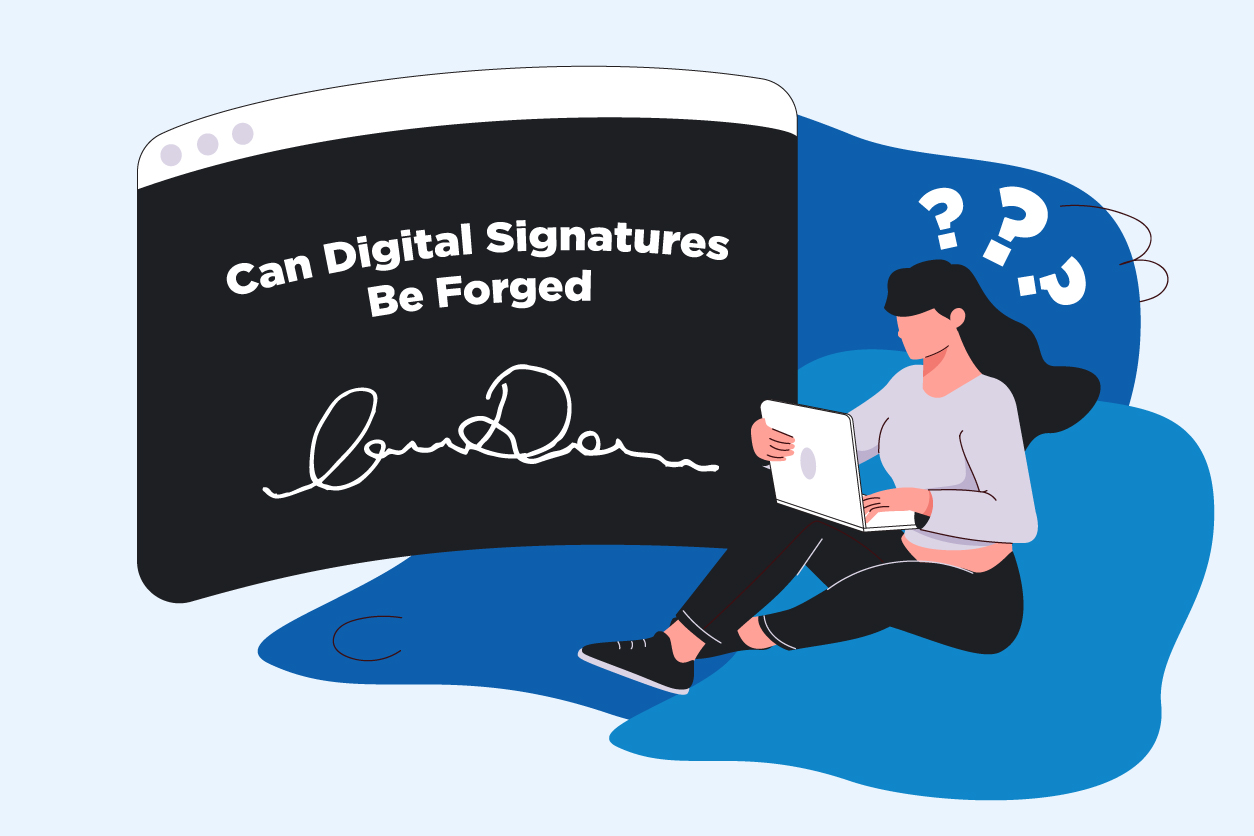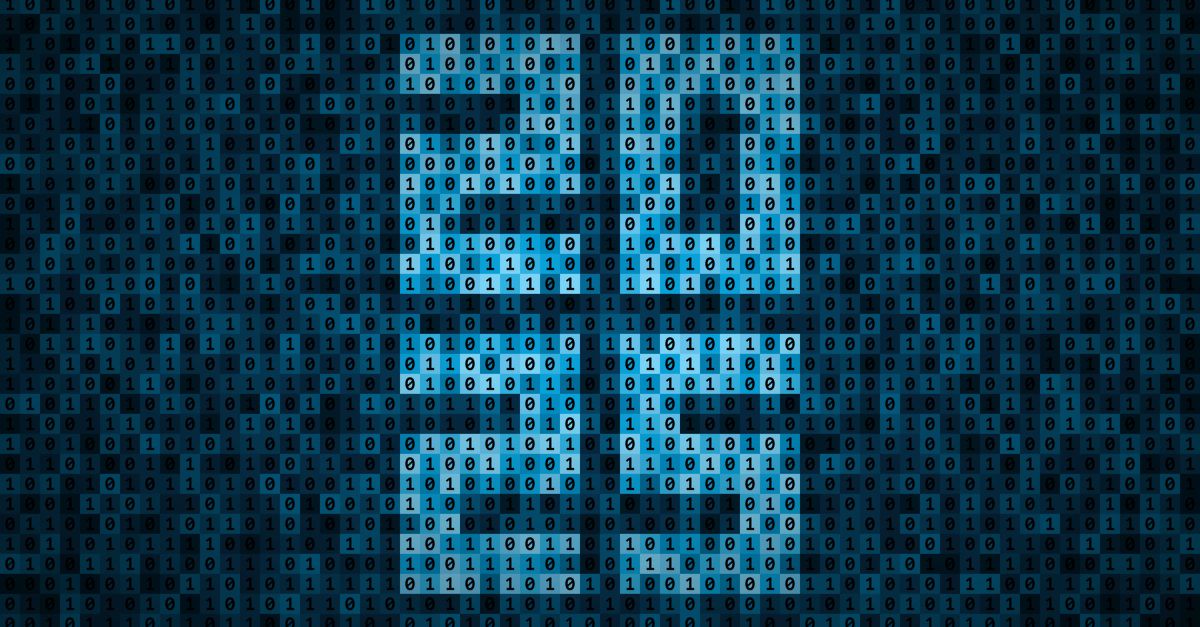We hear you. Electronic signatures are a new thing, and for a company that has long been signing documents using wet-ink on paper, it feels intimidating to try out something new.
But did you know that in contrast to traditional wet-ink signatures, e-signatures have a history of action taken with the document (also known as audit trail), so that there is valid proof of the time the document was opened, viewed, and signed?
And let’s be real, while wet signatures are tried and tested through time, they do present some problems. For example, they can be forged if not signed in person. Paper-based processes are slow and often costly due to logistics reasons. They also use up a lot of paper, which isn’t exactly good for the environment.
To overcome the weakness of paper-based signing, electronic and digital signatures are becoming the method of choice for a lot of companies in getting important documents signed such as contracts, agreements, client forms, authorizations, and more.
In this blog, we will discuss the integrity and legitimacy of electronic and digital signatures, as well as answer the big question: Can digital signatures be forged?
But first, let us define electronic and digital signatures, how they work, their features, and the laws governing them.
Digital Signature vs Electronic Signature
Why is it important to distinguish the difference between digital and electronic signatures?
Knowing the difference between electronic and digital signatures can help your company find the right document management and signing platform that will best suit your needs.
What are Electronic Signatures?
An electronic signature can be a signature in the form of an image, fingerprint, symbol, or even process. Its main goal is to verify a document. It is also a good alternative to wet-ink signatures as it is more flexible and convenient.
That said, not all electronic signatures include digital certificate. In such cases, they can still be legally binding if all parties agree so.
Standard e-signatures without digital certificates are fine to use for agreements and approvals without strict compliance standards. For example, companies can use standard e-signatures for signing internal documents such as leave forms and other requests.
-
How Electronic Signatures Work
While e-signing itself is straightforward, it is built upon a complex backend process to ensure its efficacy. The complexity also varies depending on the option you are using.
Electronically signing a document can be as straightforward as signing with a stylus and a tablet or as advanced as using verification technology such as encryption and digital IDs under a digital certificate. The first method is often used in hotel lobbies and cash registers. In this case, the signature is captured and appended to the document.
The second method, or the more advanced form of electronic signatures, is the preferred method for most industries with more stringent signing requirements. Since the process requires the user to confirm their identity to bind their signatures to an identity through a digital certificate, the parties can ensure that the document and signatures are verified and authentic.
-
Are Electronic Signatures Safe?
Electronic signatures are safer than paper-based signatures. While paper-based signatures are subject to forgery and tampering, electronic signatures are supported with many layers or security processes that make them difficult to forge and tamper with.
As such, electronic signatures are recognized by international regulations and are legally binding. In Europe, the Electronic Identification, Authentication and Trust Services (eIDAS) Regulation recognizes electronic signatures along with varying degrees of security: standard, advanced, and electronic.
What are Digital Signatures?
Now, let’s dive into digital signatures. How do they differ from electronic signatures?
Sometimes, industry-specific regulations require a digital certificate to ensure e-signatures are compliant. We can say that digital signatures are the more “secure” subset of electronic signatures.
This is because the signature is bound to a digital certificate for encryption. You can think of it as an electronic fingerprint. Digital signatures verify a signer’s identity, which is why they are often used within industries with stringent standards such as healthcare and legal institutions. Digital signatures are often used for contracts, tax documents, and insurance forms.
In short, digital signatures are legally binding and authenticate the document stronger than a standard electronic signature would.
When dealing with documents that require stringent security measures and strict compliance standards, then a digital signature is the best option.
-
Digital Signature Features
As mentioned above, digital signatures offer a more secure way of electronically signing documents.
First, it provides authenticity, solid proof that the person who signed the document is really who they claim to be, thanks to digital certificates linking the users signature to an actual identifiable entity.
Second, it ensures integrity, proof that the documents have not been tampered with or altered in any way since the document was signed.
Third, it ensures non-repudiation, proof of the sender’s identity such that the signature’s validity cannot be denied nor disputed.
These key features ensure the signed document is safe, legitimate, and legally admissible.
E-Signature Law Requirements in Asia
E-signatures are valid and recognized under the governing electronic transactions laws within the Asia-Pacific.
For example, the Corporations Amendment (Meetings and Documents) Bill 2021 was recently passed, amending the Corporations Act 2001 in Australia to allow companies to legally execute, sign, and share documents electronically.
In Singapore, Malaysia, Vietnam, Philippines, Thailand, and Indonesia, electronic and digital signatures are as valid and enforceable as handwritten signatures.
There are various laws governing electronic and digital signatures within APAC depending on the country. As such, certain requirements must be met for the validity and admissibility of electronic and digital signatures.
Are Digital Signatures Secure?
A common question people may have is, “Can my digital signature be forged?”
Here’s a simple answer: As long as your digital certificate is valid with your private key kept secure, your digital signature cannot be forged.
Digital signatures are equipped with many layers of security and authentication at the backend, as well as court-admissible proof of transaction. They rely on public and private keys, which ensures safety and are used to avoid forgery. Signing a document with a digital certificate gives the signer assurance that the document is valid and recognized by law.
Digital Signing Service
Digital Signing PDF
Electronic documents often come in PDF form. PDF documents can be digitally signed with audit trail, encryption, and other backed tools to ensure the authenticity of the document.
GlobalSign’s Digital Signing Service
Nowadays, it is imperative to use digital signatures for documents and contracts as they are subject to rigorous compliance standards that must be met.
GlobalSign’s Digital Signing Service (DSS) is the perfect tool for digital signing as it is instant, portable, legally binding, and backed by technology that ensures the signature is authentic.
GlobalSign’s DSS is a cloud-based signing solution that can be integrated into the top signing platforms including GMO Sign, SigniFlow, Adobe Sign, DocuSign, iText, ILovePDF, HelloSign, and more.
It lets you accelerate approvals and agreements by eliminating bottlenecks and idle periods. Signing a document is as easy as a click of a button.
With faster signing processing time, what used to take weeks to sign can only take hours, or even minutes!
Clients from all over the world are utilizing GlobalSign’s DSS for their digital signing needs, as GlobalSign is one of the most trusted Certificate Authorities worldwide.
Conclusion
In conclusion, with the right digital signing solution, electronic and digital signatures are full-proof and cannot be forged as long as the private key is kept secure. For basic e-signatures, there is an audit trail that tracks when the document was signed, and where it was signed, depending on the privacy permission of the signee. With multiple layers of security and authentication criteria that must be met build for speed processes, electronic and digital signatures are more secure and convenient than traditional wet-ink signatures.
With GlobalSign’s Digital Signing Service, you can be sure that your digital signatures meet even the most stringent legal standards. Expedite and secure your digital contracts and agreements. Speak with us today!







